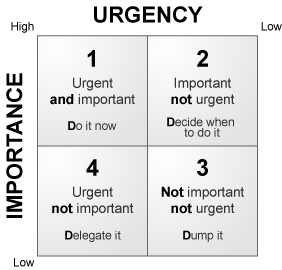A recent blog post from the Harvard Business Review questioned whether people can really improve their Emotional Intelligence. Tomas Chamorro-Premuzic wrote our emotional intelligence is relatively stable, but not rigid. He notes change requires “a great deal of dedication and patience.”
What are we talking about here? Emotional intelligence describes a person’s ability to understand her own emotions and the emotions of others. Insights from emotional IQ are useful for improving all professional and personal relationships. Quite simply, you make better decisions when regularly considering this information.
Here are four tips to help you improve your emotional intelligence with the recognition that change takes time:
1. Become a better listener. A big mistake people often make in the business world is thinking about what they want to say next instead of listening to other participants in a conversation. If you tune in to others, you will catch important clues about their emotions and choose more appropriate responses.
2. Acknowledge your weaknesses. According to the Four Branch Model of Emotional Intelligence (Mayer and Salovey, 1997), emotional intelligence involves the abilities to accurately perceive your emotions and those of others, use emotions to guide thinking, understand emotional meanings, and manage your own emotions. You may be weaker in one or more of these four areas.
3. Set a goal. You are going to increase your emotional intelligence by setting a personal goal and taking incremental steps to reaching it. If you know you need to focus on understanding emotional meanings, you can work with a professional to recognize the signs people give you. Stopping to think about emotional meanings can help you avoid many difficult situations.
4. Improve by up to 25% by following a well-designed coaching program. Chamorro-Premuzic noted working with an executive and business coach can help you make improvements in your emotional intelligence. Ensure you are working with a coach who is giving you the right feedback.
Bridge the gap between intention and action. Get on the path to interacting more effectively with everyone you meet. Please contact us for personalized assistance today!






 Focus
Focus